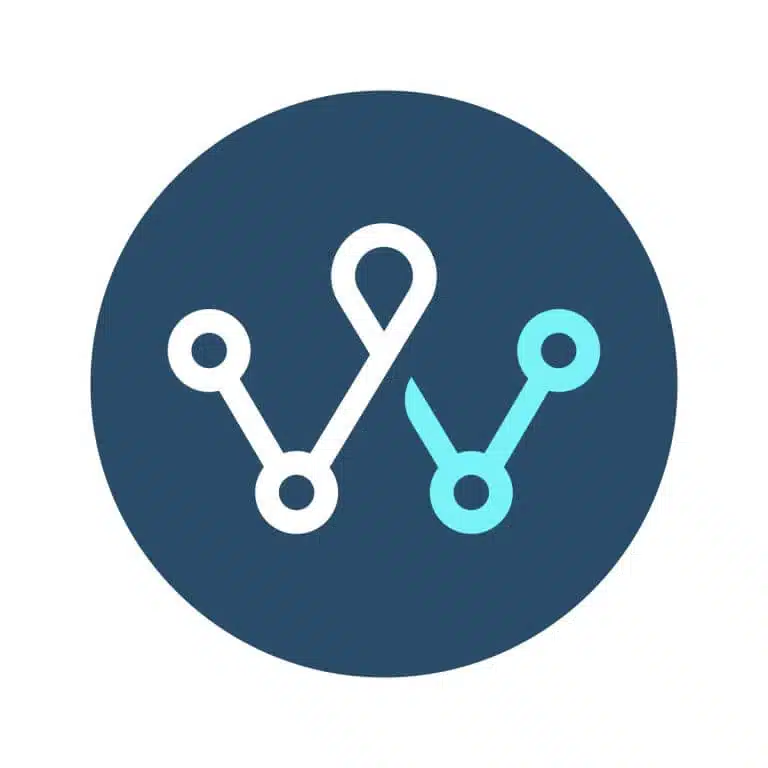Authored by: The WayPath CRM Team
In business, we often talk about staying ahead of the curve. But how about setting the curve and going straight to the head of the class with a first-class CRM? Salesforce is more than just a customer relationship management (CRM) platform. It’s a comprehensive suite of tools designed to help businesses manage customer interactions, sales processes, data, forecasting, marketing automation, and customer service. Now is the time to explore how this powerful platform’s key features can transform your business and set you apart from the competition.
Key Features of Salesforce
At the core of Salesforce is the ability to manage customer interactions across multiple channels. With Salesforce, you can track and analyze customer interactions from email and phone to social media and chat, providing valuable insights into customer needs and preferences.
Salesforce also provides powerful sales process management tools, enabling businesses to manage leads, opportunities, and sales pipelines with ease. Customizable workflows, real-time analytics, and collaboration tools make it easier for sales teams to work together and close deals faster.
Data management is another key feature of Salesforce. With a centralized repository for customer data, businesses can store, manage, and analyze customer information in one place. The platform offers a range of tools for data cleansing, deduplication, and segmentation, ensuring that businesses can make informed decisions based on accurate data.
Sales forecasting is made easy with Salesforce. The platform provides real-time insights into sales pipeline and revenue projections, helping sales teams identify trends and make data-driven decisions.
Marketing automation is also a breeze with Salesforce. The platform offers a range of marketing tools, including email marketing, social media marketing, and advertising, helping businesses reach customers across multiple channels. Automated lead nurturing and email campaigns make it easier to convert leads into customers and keep them engaged over time.
Finally, Salesforce provides powerful customer service tools, enabling businesses to manage customer inquiries, complaints, and support tickets with ease. Case management tools, self-service portals, and knowledge management capabilities make it easier for businesses to deliver personalized, seamless customer experiences.
In today’s competitive business world, getting ahead requires the right tools and resources. Salesforce, implemented by WayPath, is like having the ultimate study guide for your business, providing everything you need to excel and achieve A+ results. By leveraging the power of Salesforce, businesses can streamline processes, improve customer satisfaction, and drive growth. Why settle for a passing grade when you can be at the top of your class?




